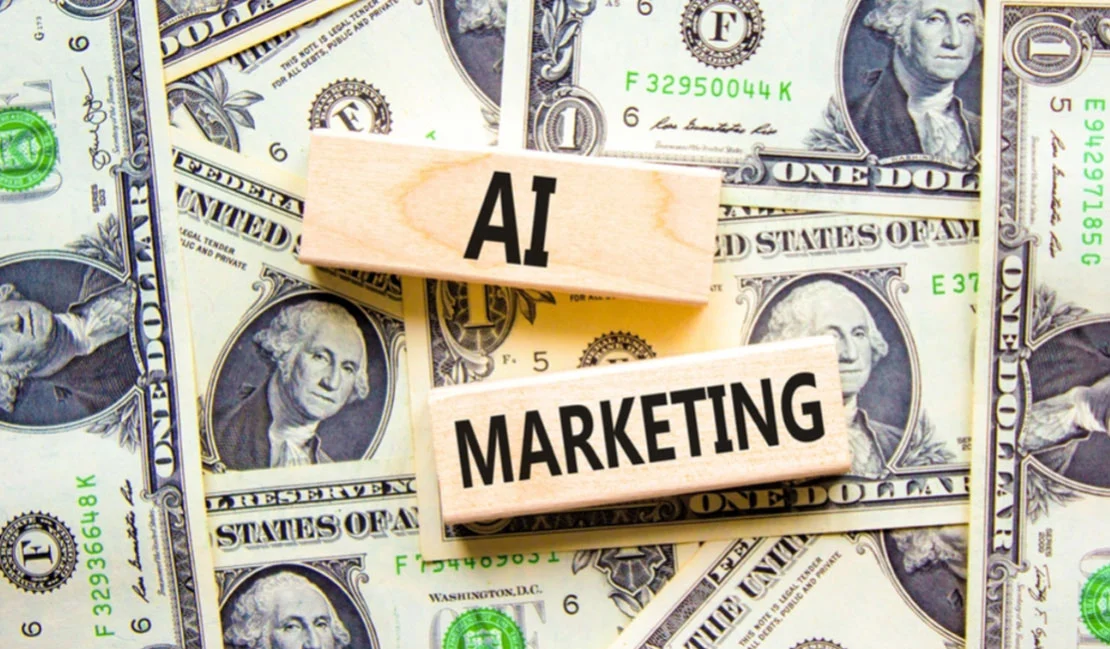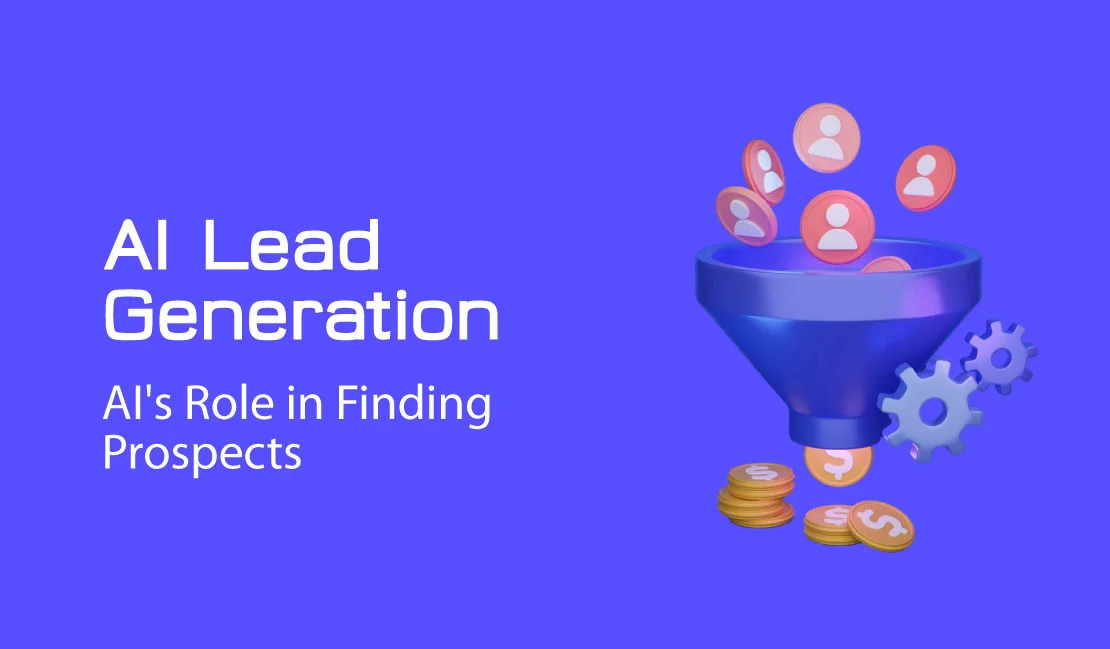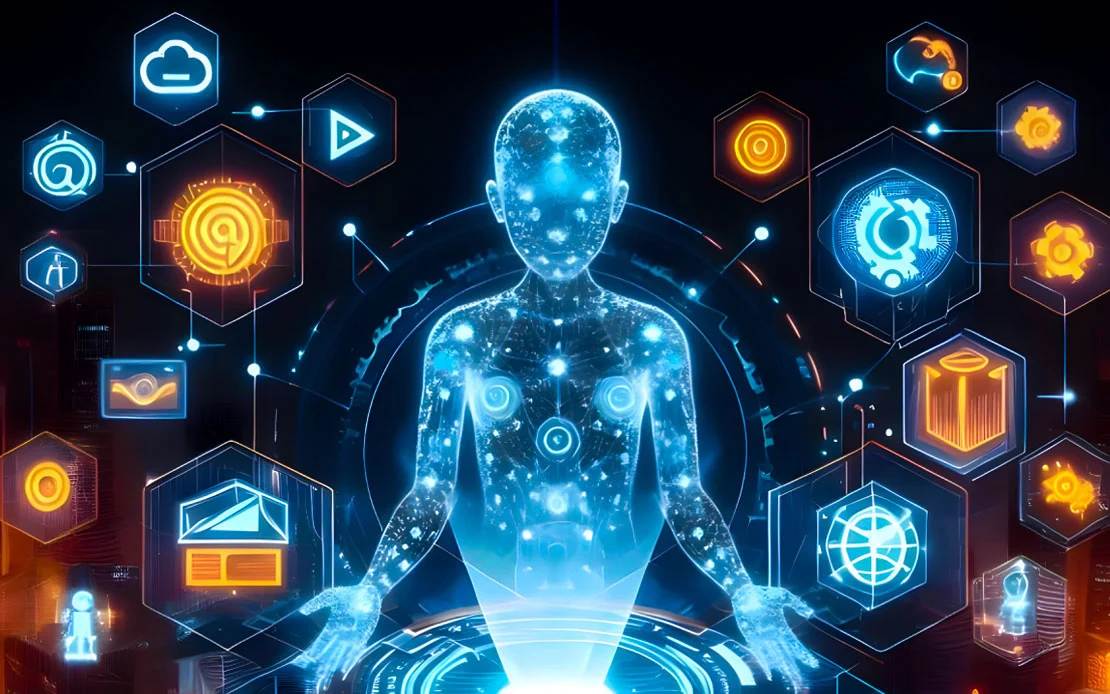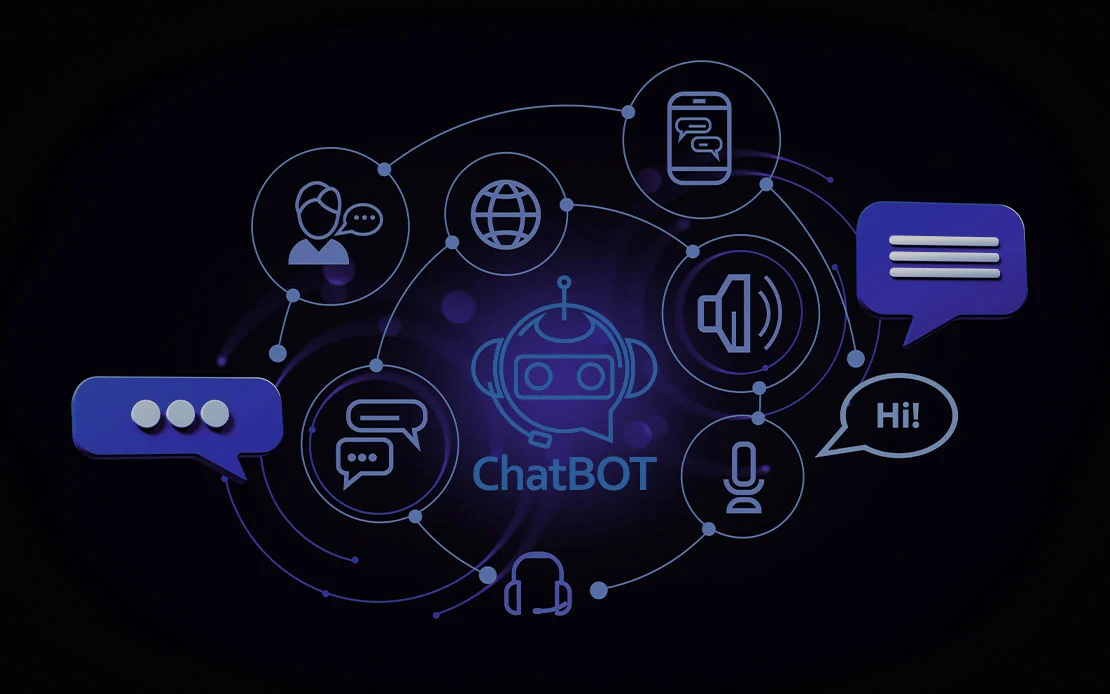In the ever-evolving world of marketing, one thing is becoming increasingly clear: AI is not just the future; it’s the present. From crafting hyper-personalized campaigns to predicting customer behavior, AI is reshaping how businesses connect with their audiences. With the ability to sift through massive datasets and identify patterns that humans simply can’t, AI is the ultimate tool for marketers looking to drive results and stay ahead of the competition.
In this article, we’ll dive into how AI is transforming marketing strategies, offering case studies of successful AI-driven campaigns, and exploring future trends that are set to redefine the industry.
Personalized Marketing at Scale
Traditionally, lead generation has been a time-consuming process involving research, cold calling, and numerous touchpoints before a sale is even considered. AI chatbots, however, are changing the rules of engagement. These intelligent systems can instantly interact with potential customers who visit your website, gather their information, and qualify leads in real-time.
Personalizing Customer Interactions
One of AI’s most significant contributions to marketing is its ability to deliver personalized experiences at scale. In the past, personalization meant segmenting customers based on a few key demographics, like age or location. But with AI, businesses can now analyze vast amounts of data to understand each customer’s preferences, behavior, and intent.
Take Netflix, for example. The platform uses AI algorithms to recommend content based on users’ viewing histories. Every click, watch, and pause is analyzed to create a highly personalized viewing experience. This approach has been so successful that 80% of what people watch on Netflix is driven by AI recommendations. Now imagine applying that level of personalization to your marketing campaigns—delivering the right message to the right person at the right time, across multiple channels.

AI-Driven Market Segmentation and Targeted Advertising
Gone are the days of broad, one-size-fits-all campaigns. AI has revolutionized market segmentation by allowing marketers to identify micro-segments within their customer base. This means businesses can now target specific customer groups with tailor-made ads and content that speak directly to their unique needs and preferences.
A standout case study is Coca-Cola’s use of AI to optimize its marketing efforts. The company uses AI-powered algorithms to analyze consumer data from social media and other digital platforms. This allows Coca-Cola to create targeted ads and even customize its product offerings to suit regional preferences. The result? Increased customer engagement, more effective campaigns, and a stronger brand connection with its audience.
For smaller businesses, AI-powered tools like Google Ads and Facebook’s advertising platform offer easy access to similar capabilities. By leveraging AI, businesses can optimize their ad spend, ensuring every dollar is working harder to reach the right audience at the right time.
Predicting Customer Behaviors with AI
Understanding what your customers want—often before they do—has always been the holy grail of marketing. AI makes this dream a reality by analyzing historical data and using it to predict future behaviors. By processing patterns in customer purchase history, browsing habits, and even social media activity, AI can provide insights into what products or services your customers are likely to need next.
AI’s predictive capabilities don’t just stop at product recommendations. It can also anticipate when a customer is likely to churn and help businesses create targeted retention strategies to keep them engaged. This level of insight gives companies the upper hand in maintaining long-term relationships with their customers.
Conclusion
AI is not just a buzzword in marketing—it’s a transformative force that’s here to stay. From predicting customer behavior to creating hyper-personalized experiences, AI gives businesses the power to deliver marketing campaigns that are more effective, efficient, and engaging than ever before.
For businesses looking to stay ahead of the curve, now is the time to embrace AI and integrate it into your marketing strategies. Whether you’re a small startup or a global brand, AI has the potential to revolutionize how you reach your audience and drive growth in the digital age.




